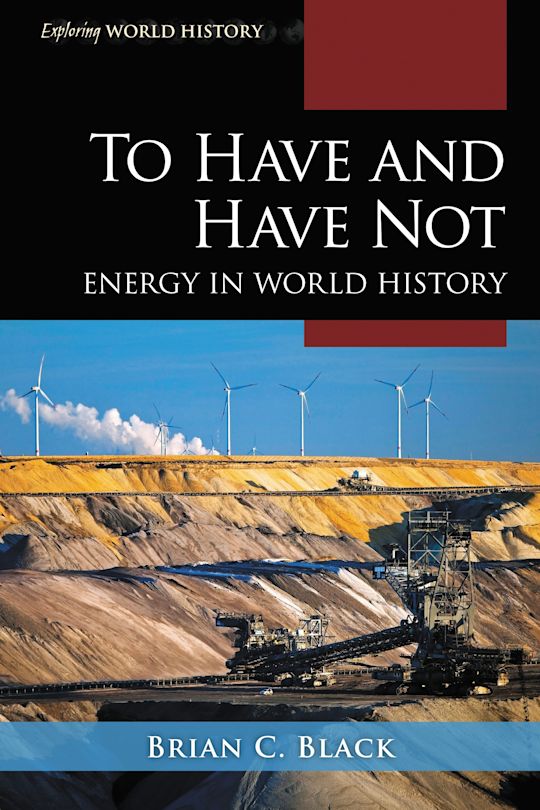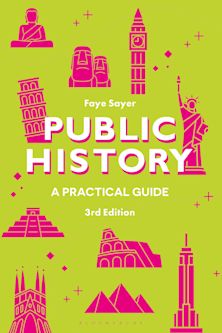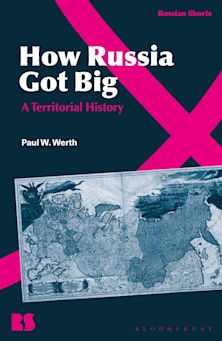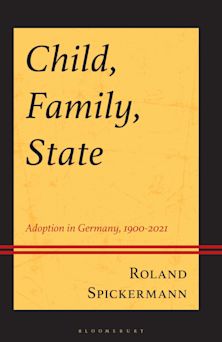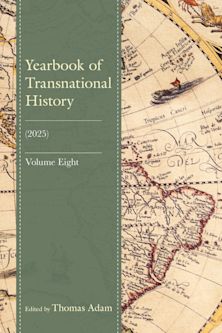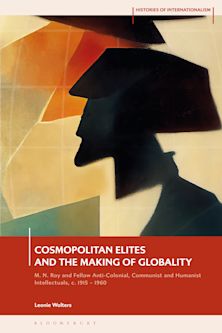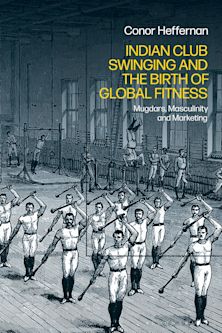Description
A 2023 Choice Reviews Outstanding Academic Title
Written by a leading scholar, this essential introduction to the history of energy traces one of humans’ most basic ecological interactions: energy exchange. From fire to agriculture, water wheels to electric dynamos, the rise in intensity led humans to define a new “high energy” existence during the twentieth century. Industrialization and consumption increased the connection between energy and economic and political power, clarifying its importance throughout the world wars and into the Cold War. To Have and Have Not reveals a world in which energy supply now defines global standing, starkly revealing the connection between history and current events that perfectly situates our modern conundrum of a future without fossil fuels. Climate change and the supply of sustainable energy now permeates our modern policy making as we bear witness to the waning years of energy borrowed from the distant past. Brian Black argues that our history of growing energy reliance and past transitions is essential context for understanding our inevitable shift to cleaner energy. Placing this story within the current, rapidly changing historical discourse, this book is timely and persuasive as it lays out our current transition from fossil fuels.
Table of Contents
Introduction: The Urgency of Our Relationship with Energy
PART I: Energy Exchange in the Biological Old Regime (before 1400)
1. Energy in the Human Past
Transitioning by the Numbers: Biological Old Regime
PART II: Industrialization and the Great Reversal (1400–1920)
2. Colonialism, Mercantilism, and Empire
Transitioning by the Numbers: Industrialization
3. Fossil Fuels and the Transformation of Human Work
4. Energizing Everyday Human Life
PART III: Energy Broadens the Gap (1900–2000)
5. Energy and National Security
6. Energy Technology and Empire in the Cold War Era
Transitioning by the Numbers: High-Energy Existence
7. The Energy Gap Takes Shape
PART IV: Integrating Sustainability (2000–2022)
Transitioning by the Numbers: Considering Sustainable Energy
8. Energy Transitions and the Culture of Sustainability
Epilogue: Divining Our Energy Future: Game Over or Game On?
Index
Product details
| Published | May 15 2022 |
|---|---|
| Format | Ebook (Epub & Mobi) |
| Edition | 1st |
| Extent | 310 |
| ISBN | 9781538105047 |
| Imprint | Rowman & Littlefield Publishers |
| Illustrations | 25 b/w photos; 3 maps; 4 tables; 16 graphs |
| Series | Exploring World History |
| Publisher | Bloomsbury Publishing |
Reviews

ONLINE RESOURCES
Bloomsbury Collections
This book is available on Bloomsbury Collections where your library has access.








